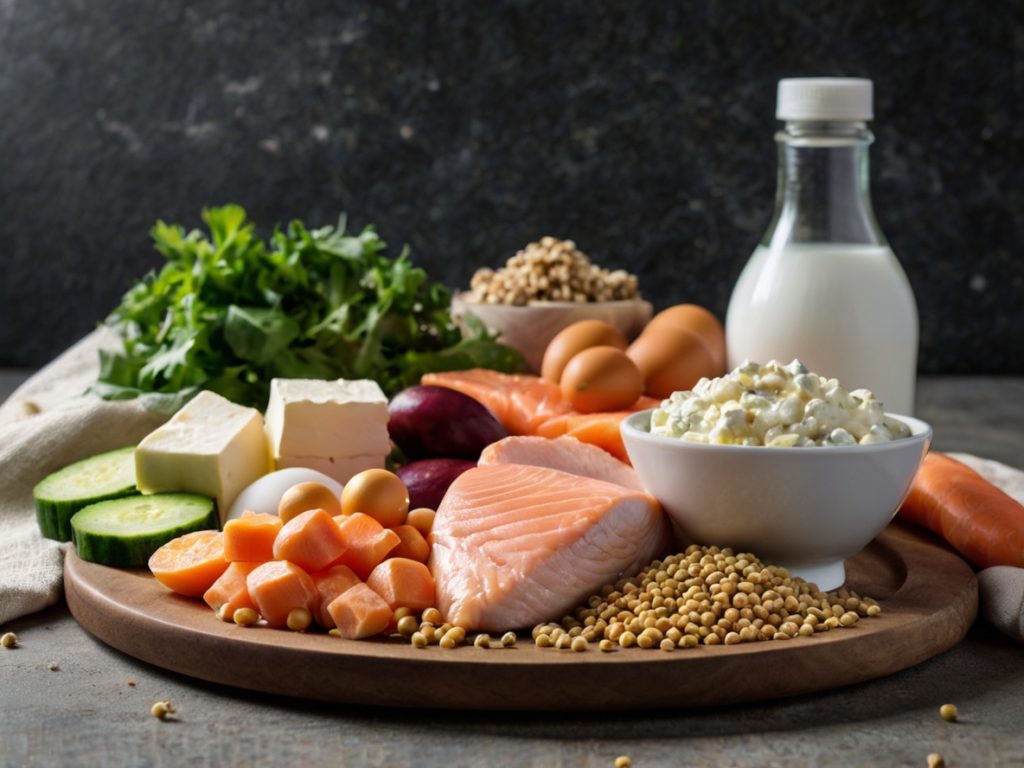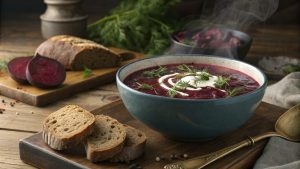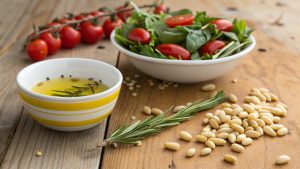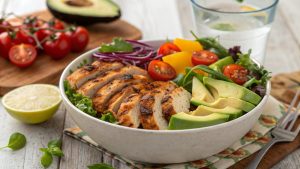Unlocking the Power of Lean Protein: Fuel Your Fitness Goals
When it comes to fueling your fitness journey, the conversation often centers around complex carbohydrates and healthy fats. However, an unsung hero lurks within the realm of nutrition that deserves just as much attention: lean protein. This powerhouse macronutrient not only helps to repair and build muscle but also plays a critical role in overall health and performance. Whether you’re a seasoned athlete or just starting your fitness journey, incorporating more lean protein into your diet can help you unlock new levels of strength and endurance. Let’s explore the many benefits of lean protein and how you can easily incorporate it into your meals.
Understanding Lean Protein
What is Lean Protein?
Lean protein refers to protein-rich foods that are lower in total and saturated fat. By choosing lean protein sources, you get all the amino acids your body needs for muscle growth and repair without the added calories that can come from higher-fat options.
Sources of Lean Protein
Finding lean protein sources can be simple and delicious. Here are some popular options to consider:
-
- Poultry: Skinless chicken breast and turkey are excellent sources.
-
- Fish: Cod, tilapia, and salmon provide healthy fats along with high-quality protein.
-
- Eggs: A versatile option; consider using egg whites for even less fat.
-
- Plant-based proteins: Lentils, quinoa, chickpeas, and tofu are fantastic for vegetarians and vegans.
-
- Low-fat dairy: Greek yogurt, cottage cheese, and skim milk can be packed with protein.
The Benefits of Lean Protein
Beyond muscle building, lean protein offers a range of health benefits that make it essential for anyone looking to improve their diet and well-being:
-
- Weight Management: High-protein diets can help you feel fuller longer, reducing overall calorie intake.
-
- Muscle Repair and Growth: After those tough workouts, your muscles need protein to recover and grow.
-
- Hormonal Balance: Proteins are vital in producing hormones that regulate various bodily functions.
-
- Metabolism Boost: The thermic effect of food means that protein has a higher calorie burn rate when digested compared to carbs and fats.
-
- Improved Bone Health: Some studies show that protein intake can support bone density, crucial for preventing osteoporosis.
Incorporating Lean Protein into Your Diet
Adding more lean protein to your meals doesn’t have to be a chore. Here are some tips to seamlessly integrate it into your daily routine:
-
- Breakfast: Start your day with an omelet loaded with vegetables or a smoothie with Greek yogurt and berries.
-
- Lunch: Opt for a salad topped with grilled chicken, chickpeas, or quinoa for a protein-packed meal.
-
- Dinner: Choose baked fish or turkey burgers paired with steamed veggies for a satisfying end to your day.
-
- Snacks: Keep it simple with edamame, protein bars, or low-fat cottage cheese.
Tips for a Healthy Lifestyle
Incorporating lean protein into your diet is just one piece of the puzzle when it comes to achieving your fitness goals. Remember, a balanced approach to nutrition and exercise is essential for sustainable health. Here are a few key reminders:
-
- Balance Your Plate: Aim for a mix of protein, healthy fats, and complex carbohydrates.
-
- Stay Hydrated: Drink plenty of water throughout the day to support overall health.
-
- Listen to Your Body: Pay attention to how different foods make you feel and adjust accordingly.
-
- Set Realistic Goals: Progress takes time. Focus on small, achievable changes rather than overhauling your entire diet at once.
As the saying goes, “Eat to live, don’t live to eat.” Adopting a mindset focused on nourishing your body will guide you toward making healthier choices. Remember, the journey to health is not just about the food you consume, but also the lifestyle you embrace. Here’s to fueling your body right, one meal at a time!



